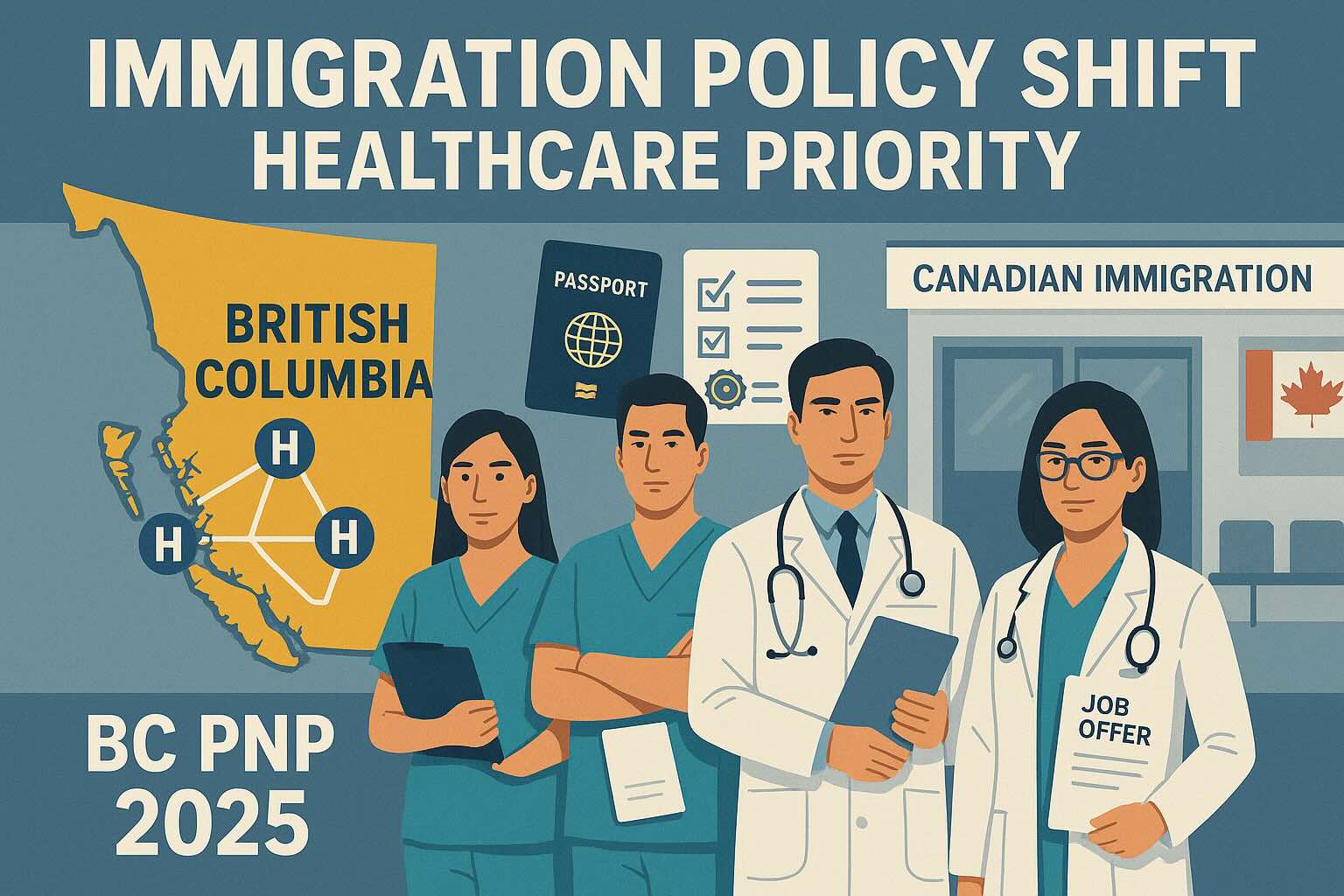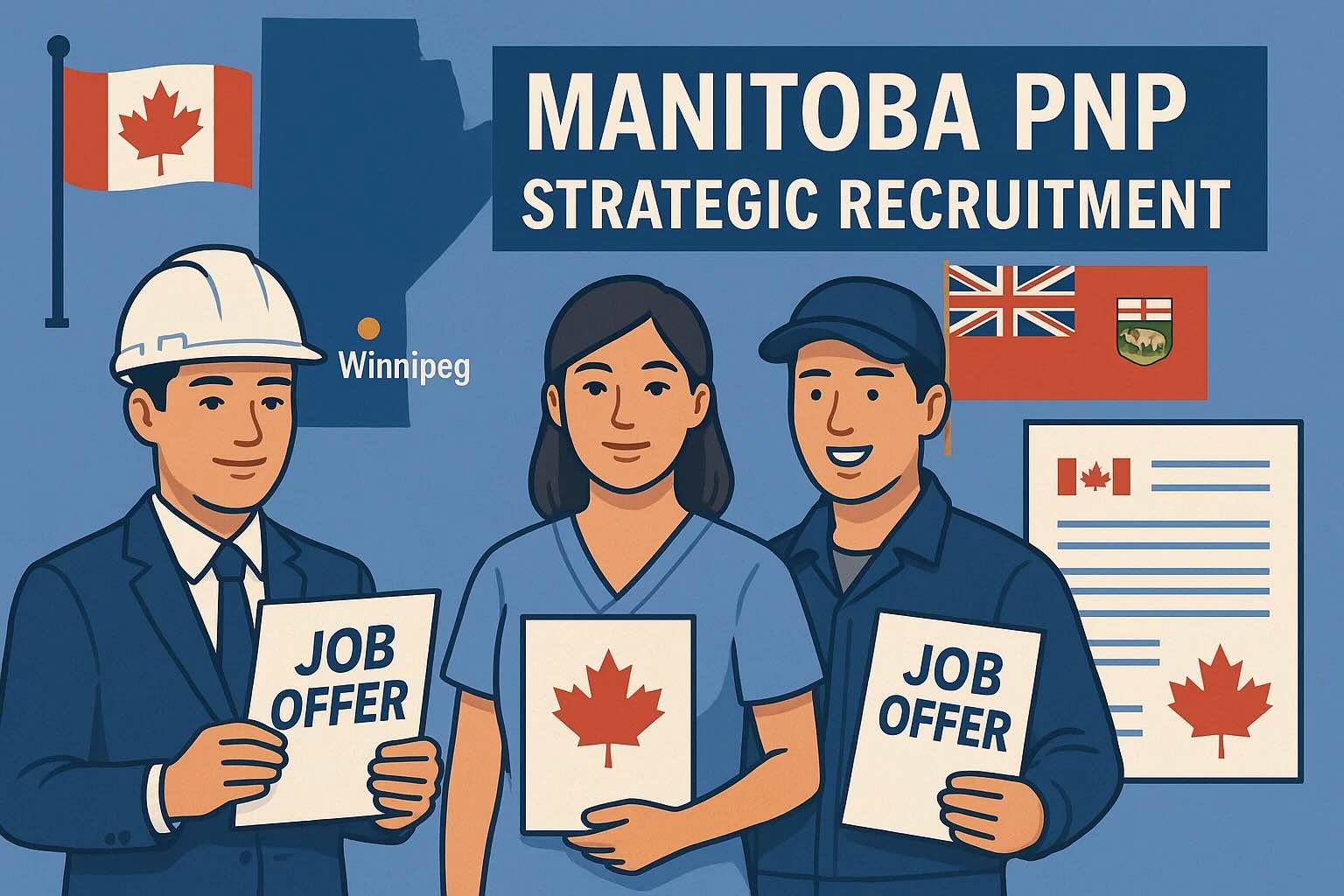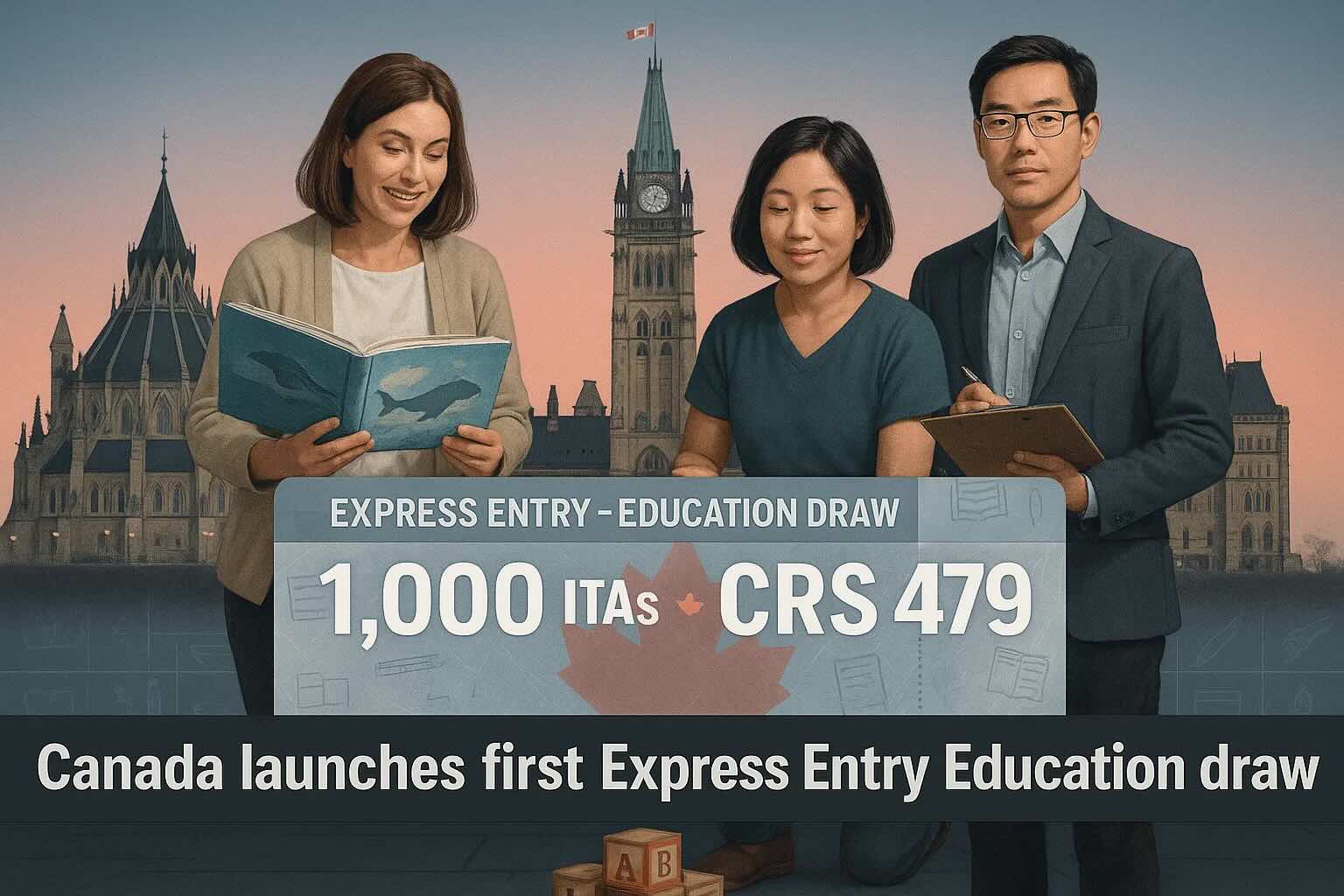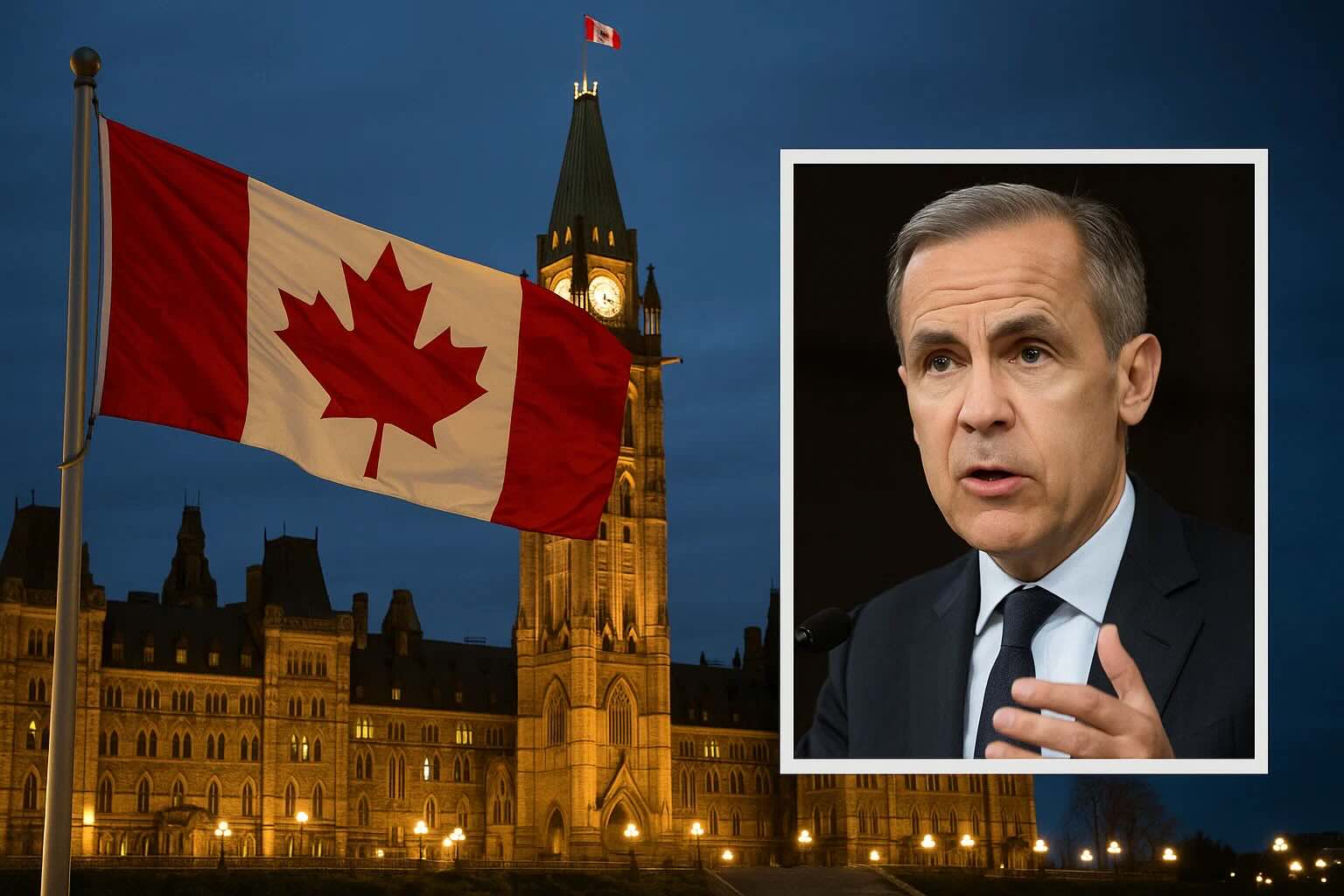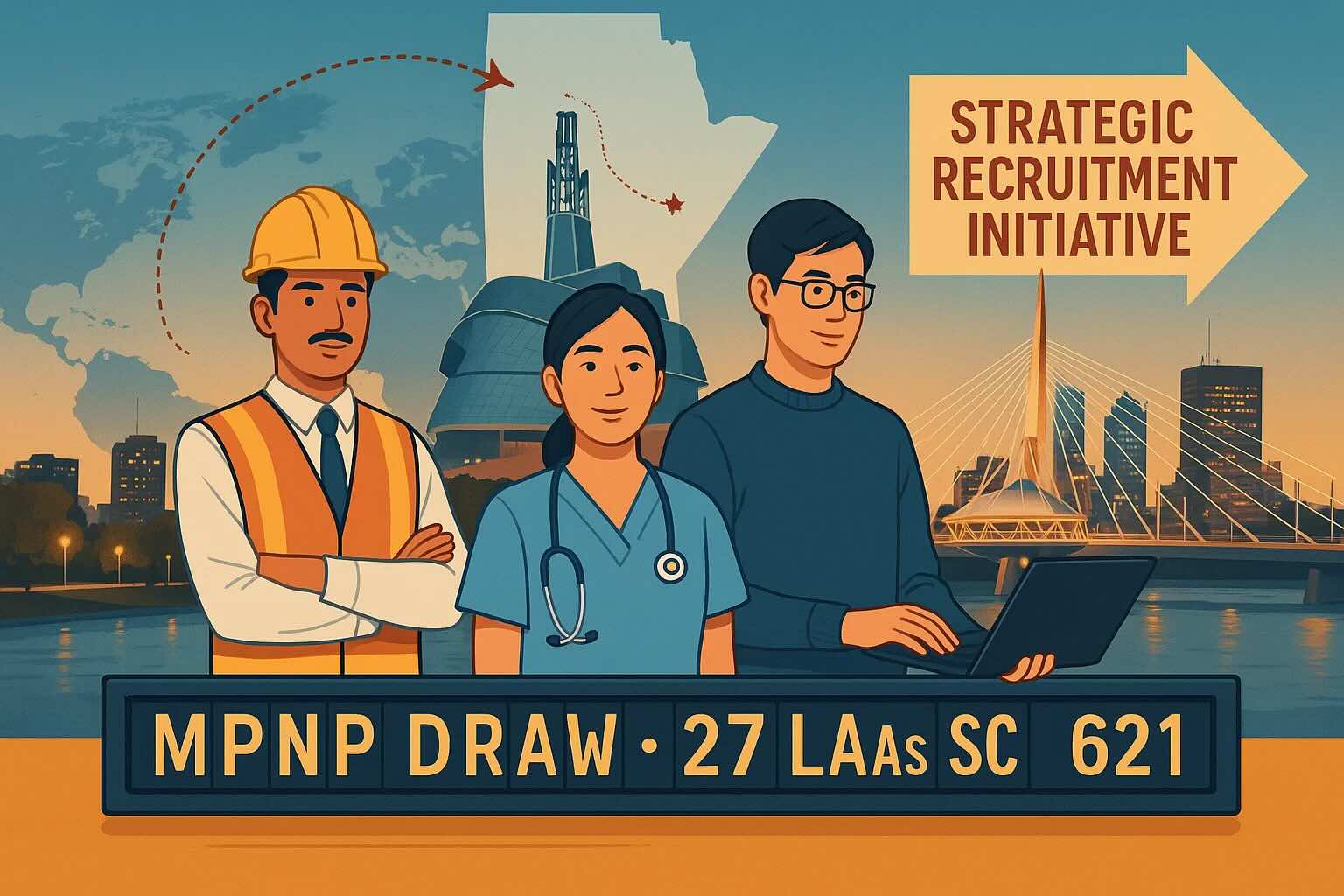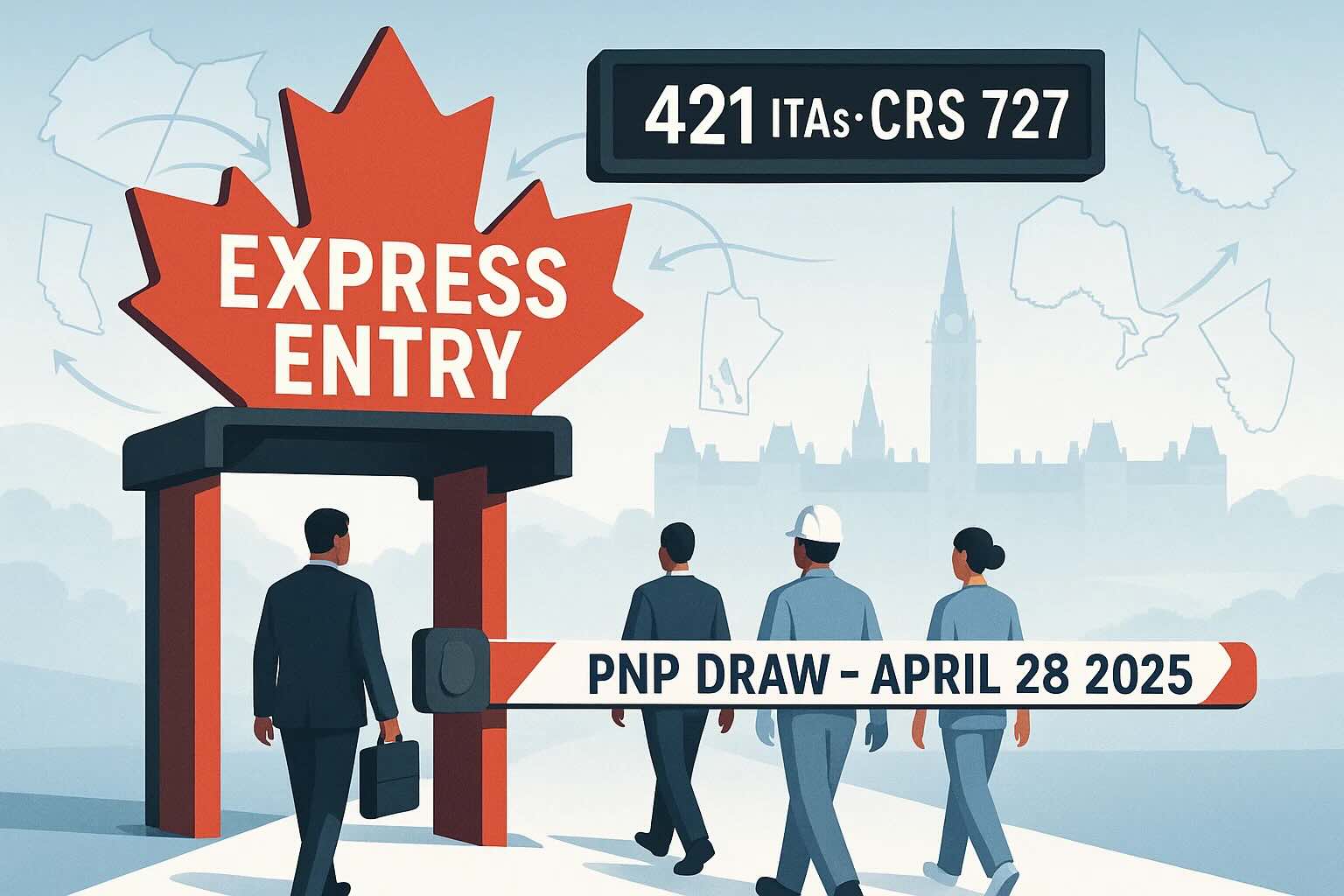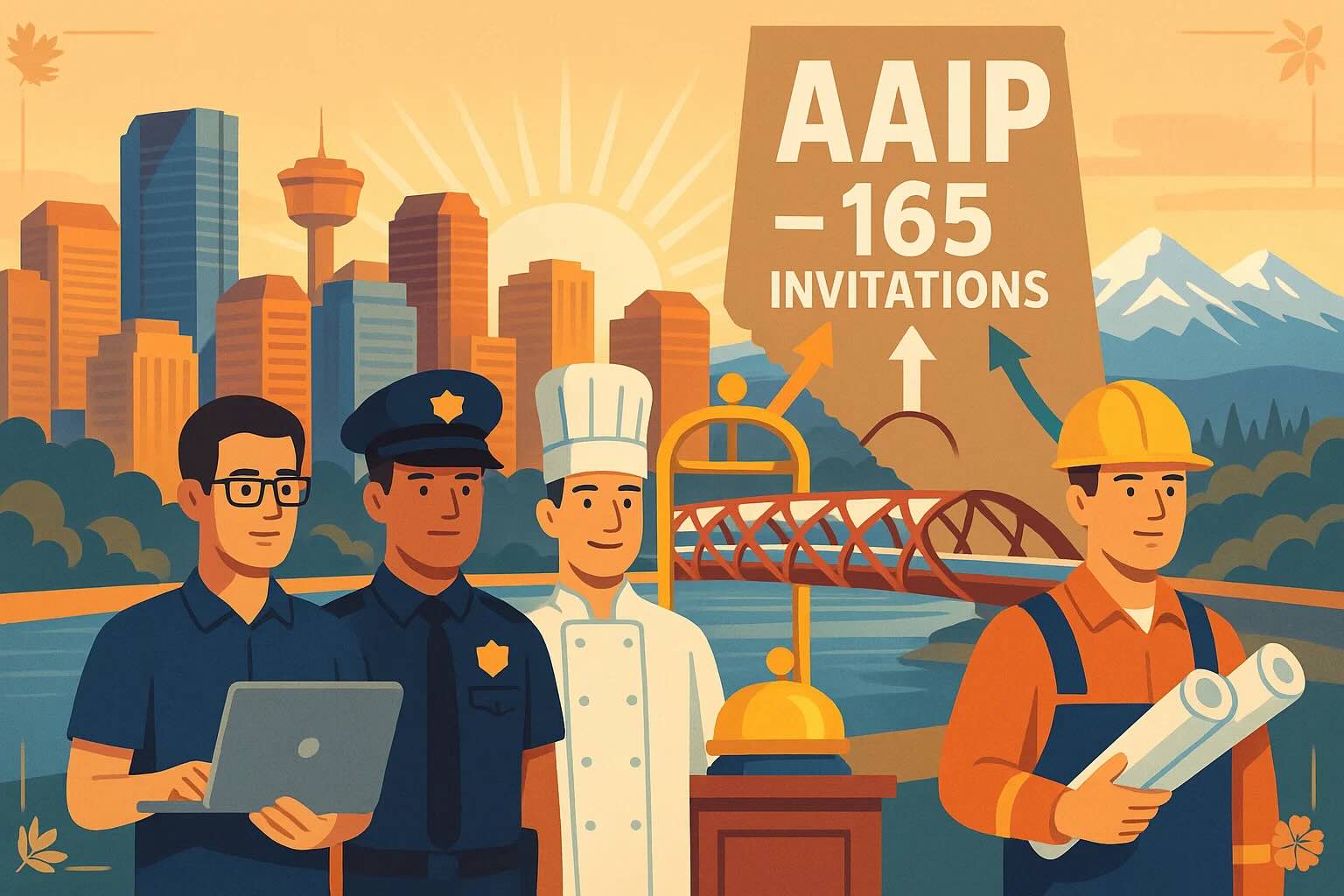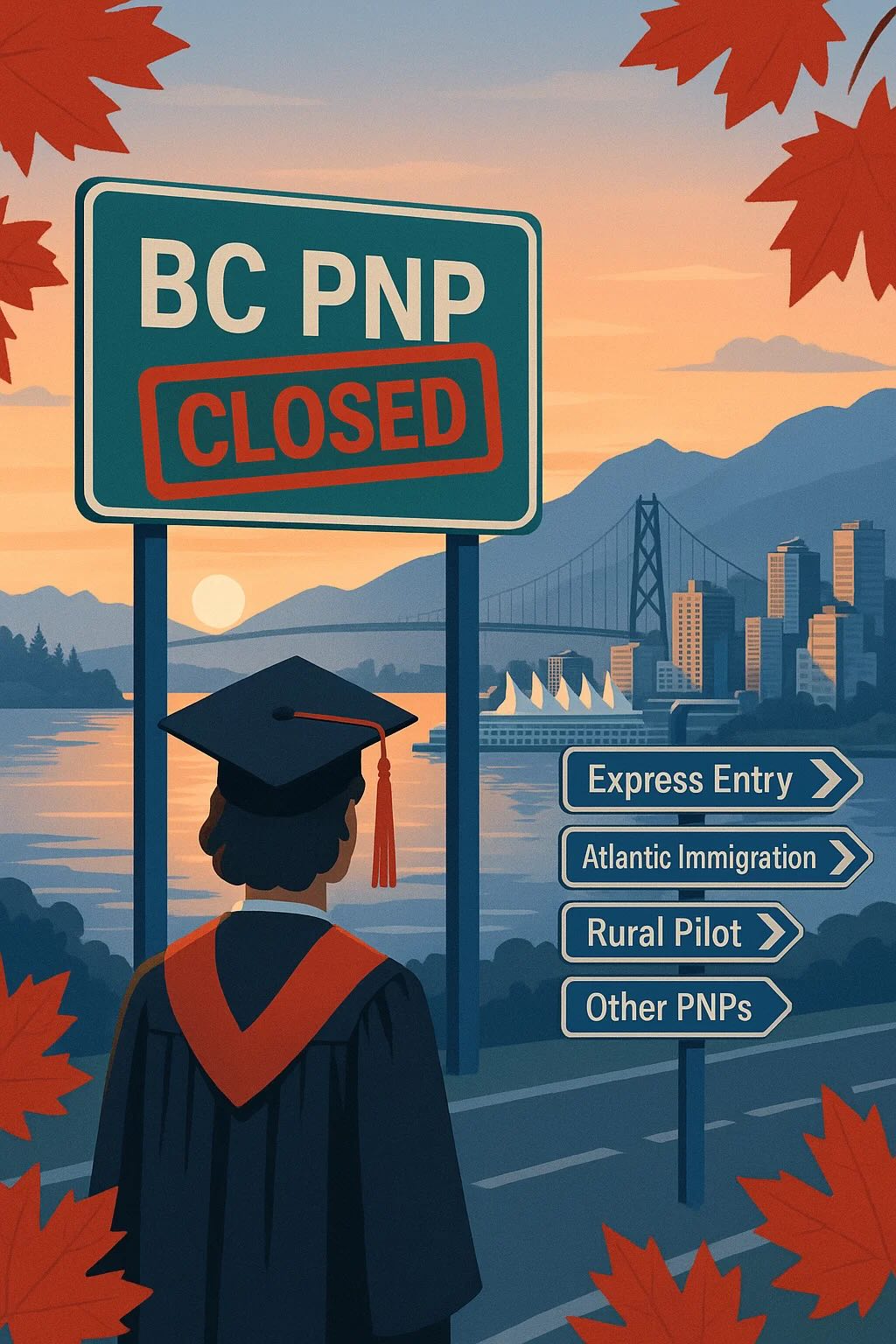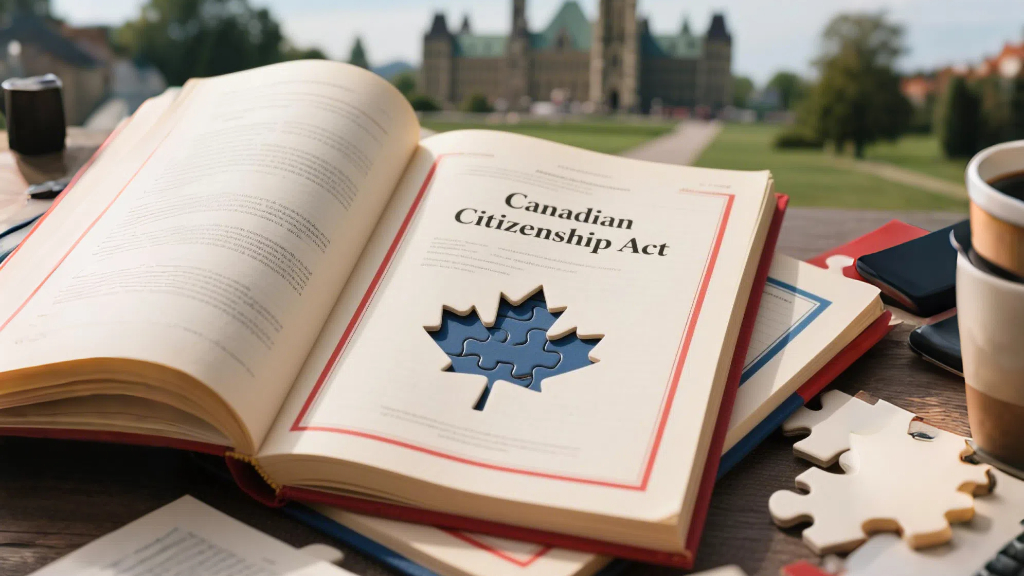Introduction: Why Has PNP Become a Vital Immigration Option?
For global talent aiming to immigrate to Canada, the federal Express Entry system is undoubtedly a central platform. However, as of this writing, the pool contains over 236,909 candidate profiles, and recent Comprehensive Ranking System (CRS) cut-offs for Canadian Experience Class (CEC) draws in 2025 have ranged between 521 and 542, indicating intense competition. For applicants whose CRS scores lack a competitive edge or who fail to meet the requirements for specific category-based invitations, the Provincial Nominee Program (PNP) emerges as the most promising alternative path to achieving Canadian economic immigration goals.
The Core Process of Obtaining Permanent Residency via PNP
Securing Canadian permanent residency (PR) through the PNP typically involves two main steps:
- Obtaining Provincial Nomination: First, the applicant must successfully receive a nomination from a specific Canadian province or territory. This requires not only meeting the specific criteria of a particular PNP stream but also demonstrating a genuine intention to reside in the nominating province or territory.
- Federal PR Application: After obtaining a provincial nomination, the applicant must submit a formal application for permanent residency to Canada's federal immigration department, Immigration, Refugees and Citizenship Canada (IRCC).
How to Seek and Obtain Provincial Nomination?
Canada boasts over 80 different Provincial Nominee Program streams, each with its unique eligibility requirements and application process.
- Determining Eligibility: Applicants need to conduct their own research or consult with an experienced immigration representative to determine which PNP streams they qualify for. A core prerequisite is always demonstrating the intent to settle in the nominating province.
- Following the Application Process: Once eligibility for a specific stream is confirmed, the next step is to strictly adhere to the application process defined by that province.
Common Models for Provincial Nomination Applications
Provinces have autonomy over the processing procedures for their PNP streams, which generally fall into these categories:
- Base PNP - Direct Application: Applicants submit a complete nomination application directly to the provincial nominee office. If approved, they receive a provincial nomination certificate.
- Base PNP - Expression of Interest (EOI) Pool: Applicants must first submit an Expression of Interest (EOI) through the province's online system to enter a candidate pool. The provincial government periodically selects candidates from the pool and issues invitations to submit a full nomination application.
- Enhanced PNP - Passive Mode: Applicants must have a valid Express Entry profile and have indicated their interest in residing in that province within their profile. The province automatically considers candidates based on their EE profile. If eligible, they might receive a Notification of Interest (NOI) through the EE system. Upon receiving an NOI, the applicant can then submit a provincial nomination application.
- Enhanced PNP - Active Mode - Direct Application: Applicants must have a valid EE profile and can submit a complete nomination application directly to the provincial nominee office.
- Enhanced PNP - Active Mode - EOI Pool: Applicants must have a valid EE profile and submit an EOI through the province's online system to enter the candidate pool. If selected, they receive an invitation to submit a full nomination application.
Note: Applicants must carefully read and strictly follow the program and application guides provided by each province. Even meeting all eligibility criteria does not guarantee nomination, as the final decision rests with the discretion of provincial nomination officers.
Key Differences Between Base vs. Enhanced PNP Streams
PNP streams are categorized as "Base" or "Enhanced," primarily based on their integration with the federal Express Entry system. This distinction significantly impacts an applicant's eligibility, application process, and the PR application pathway after nomination.
- Eligibility
- Enhanced PNP: Requires a valid EE profile and eligibility under one of the three federal programs: Federal Skilled Worker Program (FSWP), Federal Skilled Trades Program (FSTP), or Canadian Experience Class (CEC). This usually means having a skilled occupation (NOC TEER 0, 1, 2, or 3). Must also meet EE's settlement funds requirement (unless exempt, e.g., CEC-qualified or having arranged employment and a Canadian work permit) and provide valid language test results and Educational Credential Assessments (ECAs).
- Base PNP: Does not require an EE profile, thus not needing to meet the three federal program criteria. May accept TEER 4 or 5 occupations (depending on the specific stream) and usually does not require meeting federal EE settlement funds (unless the provincial stream itself mandates it). Language tests and ECAs might only be required at the full application stage, not for initial consideration.
- Consideration Process
- Base PNP: The process is always "active," meaning the applicant must take an action (direct application or EOI submission) to be considered.
- Enhanced PNP: Can be "active" (direct application or EOI, requiring EE profile number and Job Seeker validation code) or "passive" (province proactively screens EE profiles and issues NOIs). For passive mode, applicants need to indicate the province of interest in their EE profile and may need to align their primary NOC with the province's preferences.
- Post-nomination
- Base PNP: After receiving a nomination certificate, applicants submit their PR application directly through the federal Permanent Residence Portal. The current processing time for these non-Express Entry provincial immigration applications is approximately 21 months.
- Enhanced PNP: Upon nomination, applicants must update (or create) their EE profile to reflect the nomination. The province confirms the nomination electronically (applicant must provide EE profile number and Job Seeker validation code as per provincial instructions). The applicant then has 30 days to accept the nomination. Acceptance grants an additional 600 CRS points, significantly increasing the chances of receiving an Invitation to Apply (ITA) in a subsequent EE draw. After receiving an ITA, the PR application is submitted through the EE system, with an average processing time of about 6 months.
Major Policy Change: 2025 PNP Allocations Significantly Reduced
Competition for PNP streams is expected to intensify in 2025, primarily due to the federal government drastically cutting the immigration allocations granted to the provinces.
- Allocation Cuts: In October 2024, the federal government announced a reduction in the PNP landings target for 2025 from 110,000 (in 2024) to 55,000. Subsequently, in January 2025, the federal government correspondingly halved the nomination allocations distributed to the provinces (and AIP spots for Atlantic provinces).
- Direct Impact: This led many provinces to delay program reopenings, ban certain NOC codes from applying, close some international graduate streams, tighten eligibility criteria, or focus nomination allocations on workers in specific in-demand sectors or occupations.
Conclusion: Despite Challenges, PNP Remains a Vital Pathway
Although the reduction in federal allocations undoubtedly increases the difficulty of obtaining a provincial nomination, the Provincial Nominee Program (PNP) remains one of the most important, and sometimes the only realistic, pathway to Canadian economic permanent residency for applicants who are less competitive within the federal Express Entry system. Applicants now need to research provincial updates more diligently, precisely identify suitable PNP streams matching their qualifications, and prepare for heightened competition.
